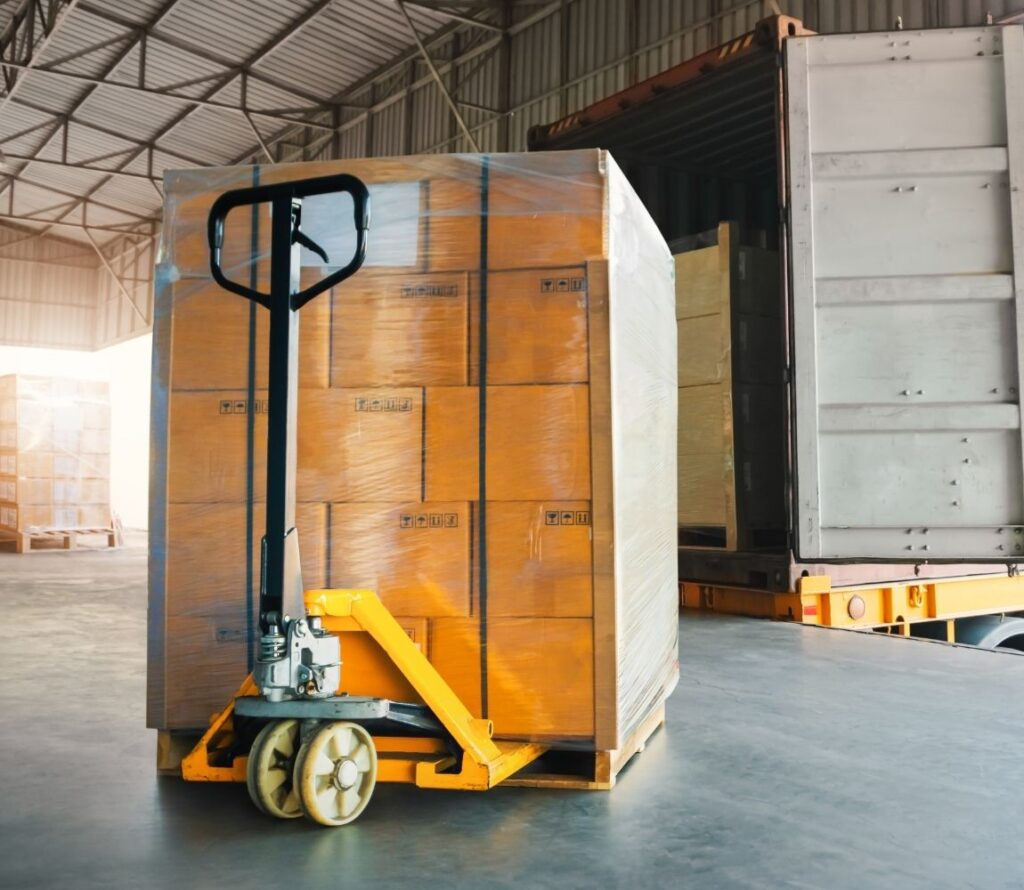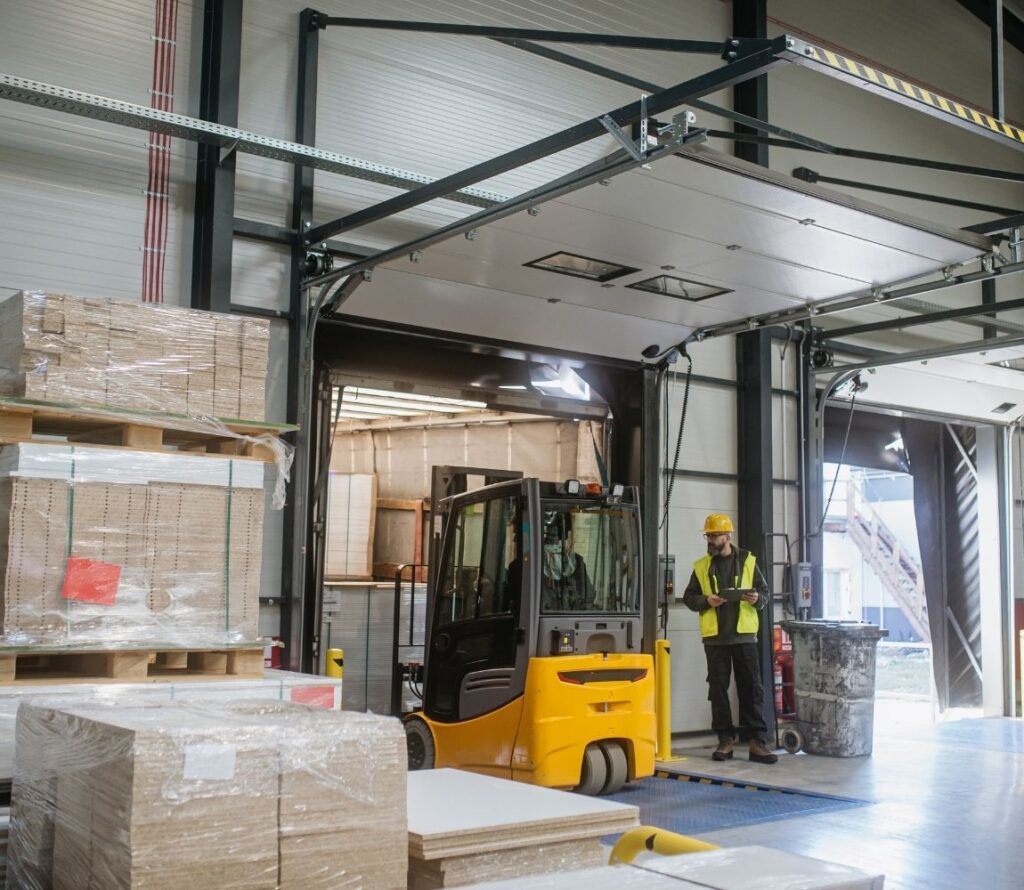CROSS-DOCKING SERVICES IN LOUISVILLE, KENTUCKY
Fast & Efficient Cross Docking in Louisville, KY
Streamline your supply chain with professional cross docking services in Louisville. This logistics solution minimizes storage time by quickly transferring products between transport vehicles, reducing handling costs and accelerating deliveries. Our facility is equipped to sort and redistribute shipments efficiently, ensuring seamless transitions from inbound to outbound transportation.
By eliminating unnecessary warehousing, cross-docking helps businesses lower costs, improve turnaround times, and enhance operational efficiency. Whether you’re in e-commerce, food distribution, or retail, our services provide the speed and reliability needed to keep your supply chain moving. Contact us today to optimize your logistics with our cross-docking solutions.
Achieve Cost Savings with Cross-Docking in Louisville
Cross docking is a cost-effective logistics strategy that streamlines operations by transferring goods directly between transport vehicles, eliminating unnecessary storage. This reduces warehousing fees, utilities, and labor costs while accelerating deliveries and improving customer satisfaction.
Key Benefits of Cross Docking:
- Lower Storage Costs: No need for long-term inventory storage.
- Reduced Labor Expenses: Quick transfers minimize handling time.
- Faster Distribution: Direct transfers speed up delivery.
- Better Inventory Control: Less need for excess stock.
At OLIMP Warehousing, we offer tailored cross docking solutions in Louisville to help businesses cut costs, optimize efficiency, and keep products moving seamlessly through the supply chain.

Unlock Operational Efficiency with Cross-Docking
Cross-docking eliminates unnecessary storage time, ensuring products move swiftly from inbound shipments to outbound distribution. This streamlined process enhances supply chain agility, helping businesses meet customer demands faster while reducing costs and improving competitiveness.
With direct product transfers, inventory management becomes more efficient—minimizing storage needs, maintaining lean stock levels, and optimizing warehouse space.
For industries such as retail, e-commerce, and food distribution, cross-docking enhances scalability and responsiveness. By adopting this logistics solution, businesses can accelerate product movement, reduce expenses, and improve overall service reliability.

Master Inventory Control with Cross-Docking in Louisville
Cross-docking is a powerful tool for inventory management. By instantly transferring incoming goods to outbound vehicles, products are distributed based on demand, without the need for excess storage. This improves inventory turnover and minimizes stock holding costs. Companies using cross-docking can better respond to customer needs while keeping inventory levels low.
Whether you are managing fast-moving consumer goods or seasonal products, cross-docking offers your business the flexibility and speed needed to stay ahead of the competition. OLIMP Warehouse’s cross-docking services in Louisville provide an effective solution for companies looking to master inventory control, reduce stock costs, and improve the efficiency of their supply chain.
With continuous product movement, we ensure that your goods are where they need to be when they need to be there, leading to faster and more reliable deliveries.

Ready to streamline your warehousing needs?
Request a quote today and discover how OLIMP's tailored solutions can optimize your operations